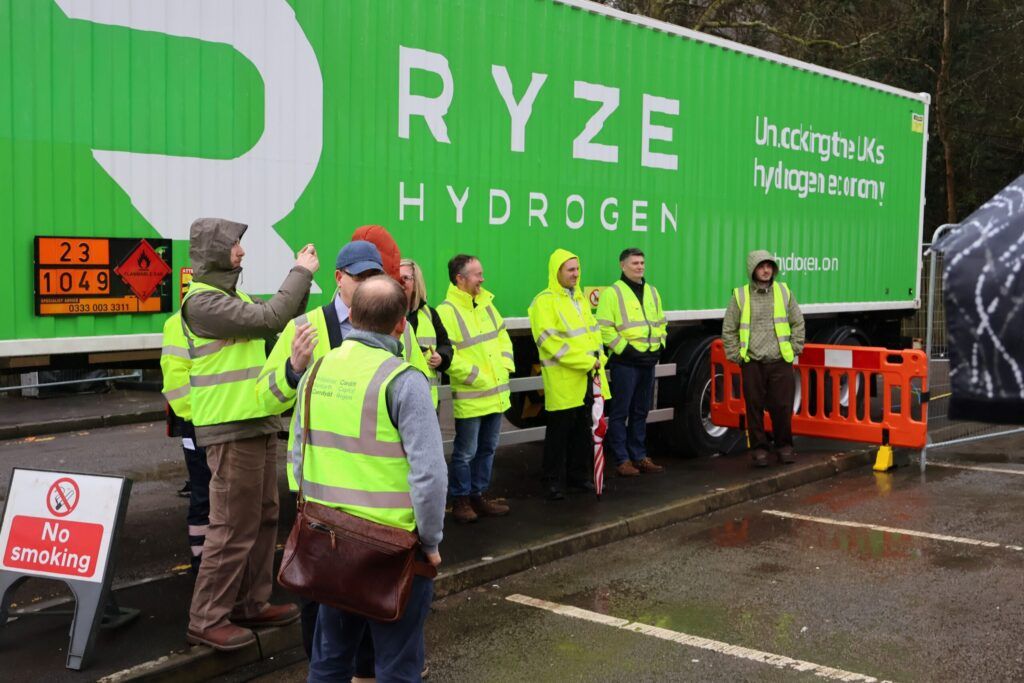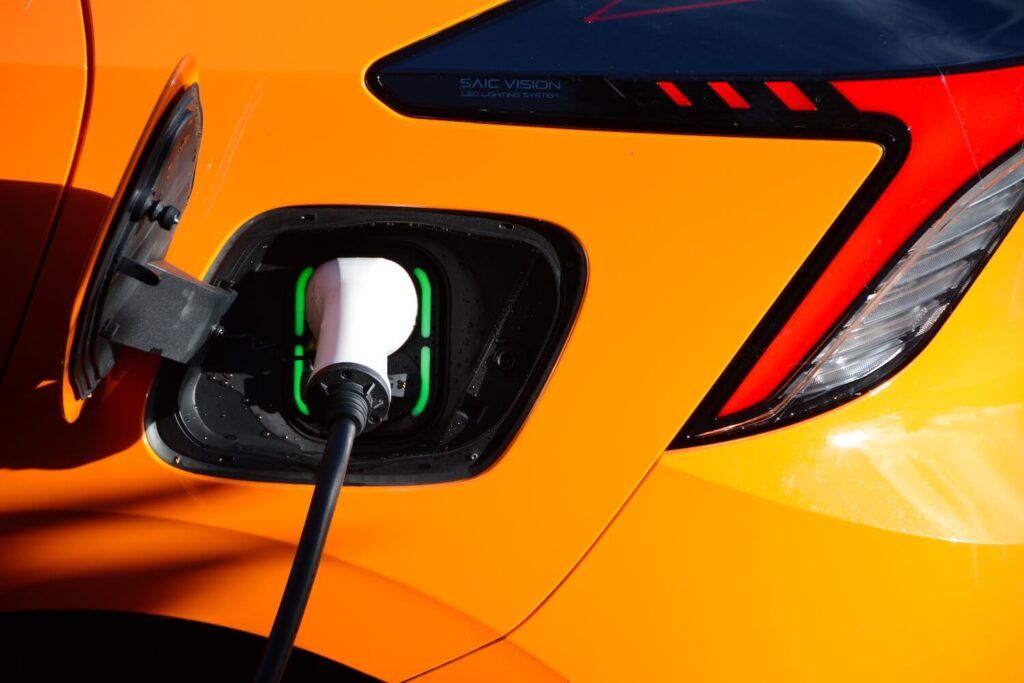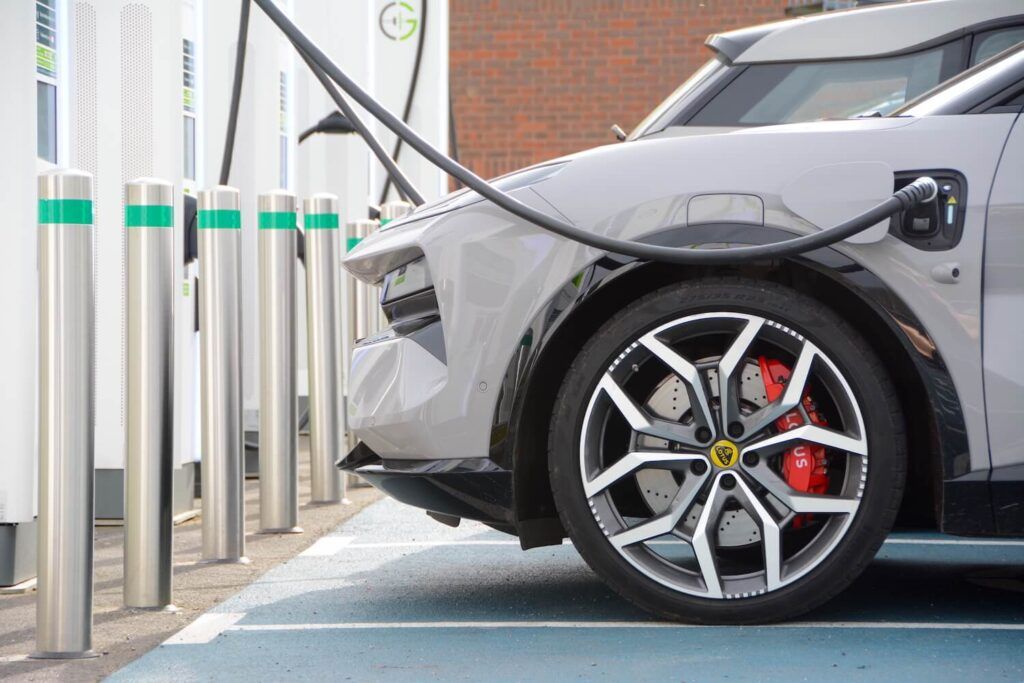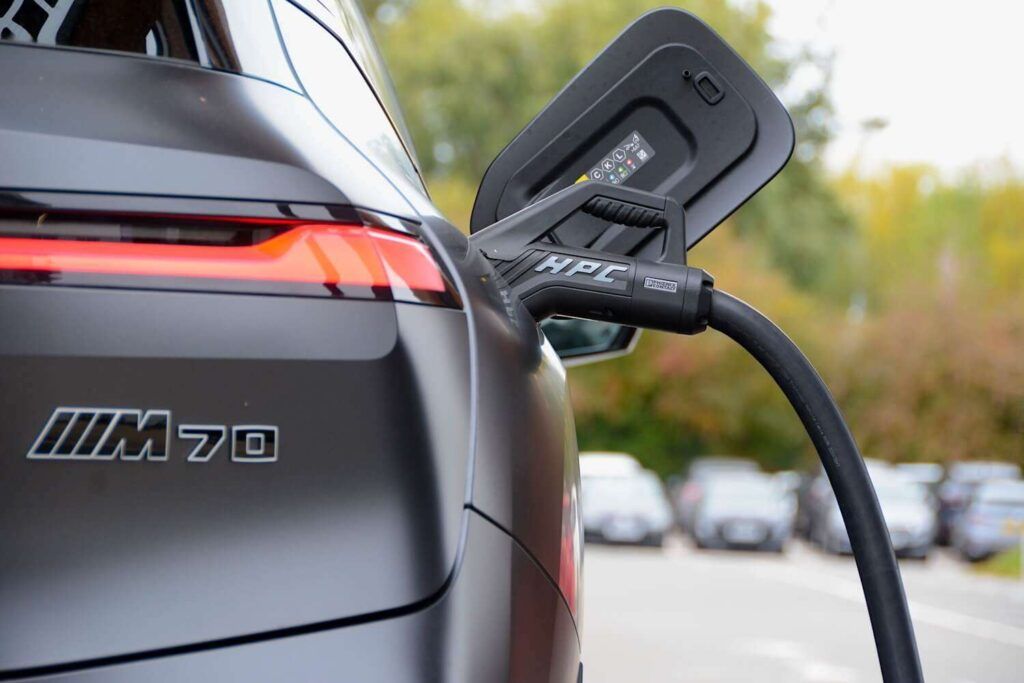An electric heat pump revolution could be established within a decade, according to new research published by UK Power Networks.
The energy firm forecasts that by 2030 there could be more than 700,000 electric heat pumps across London, the East and South East – and up to 4.5 million EVs.
The data comes from 1.6 million forecast data points the company has put together in its 2021 Distribution Future Energy Scenarios (DFES) research about how low carbon technologies could be taken up in future. The study maps out four potential future worlds to 2050 with regional modelling and analysis from Element Energy.
In one scenario, more than 3000% growth in EVs and a 2500% rise in domestic heat pumps by 2030 has been predicted. This would keep the UK on track for its net-zero by 2050 target.
Another scenario revealed slowing economic growth but still results in a quarter of a million household solar panels being installed, aggregate grid scale battery storage capacity improving, and a move towards a zero-carbon hydrogen gas grid.
Prices of electric vehicles continuing to fall, along the government’s ban on sales of new petrol and diesel cars in 2030, could accelerate sales of new electric vehicles and vans. A more ambitious ‘Leading the Way’ scenario reaches net-zero two years early, by 2048. It predicts 4.2 million fewer cars overall on roads than the other scenarios, as more people choose to use public transport. It also experiences a much faster roll out of heat pumps, reaching 1.2 million electric heat pumps in UK Power Networks’ areas by 2030.
Sul Alli, director of customer services, strategy and regulation at UK Power Networks, said: “The Government’s 10 Point Plan has signalled an acceleration of the UK’s transition to a net zero carbon economy. We are determined to be at the forefront in our industry and make sure no customers in the areas we serve, are left behind.
“That’s why we’ve worked hand in hand with local authorities and partners to deliver this project. By understanding how the future might look, we can innovate, plan, prepare and invest strategically to make our network ready for net zero.”
Paul Connell, founder and head of Innovation at ODI Leeds, part of the Open Data Institute and the study, said: “We have used the open data UK Power Networks has published to build a visualisation that arguably creates ten times more impact than a report.
“It has been a real pleasure to work with the UK Power Networks team and we are looking forward to doing more innovation with them this year.”
Ian Walker, director of Element Energy, said: “The DFES significantly enhances visibility of the range of possible outcomes for the impact of the Net Zero transition on electricity networks and provides a key tool to enable UK Power Networks to plan for these outcomes and facilitate Net Zero.”
View the DFES 2021 documents, forecast data and map here: https://innovation.ukpowernetworks.co.uk/2021/01/11/distribution-future-energy-scenarios-2021/












